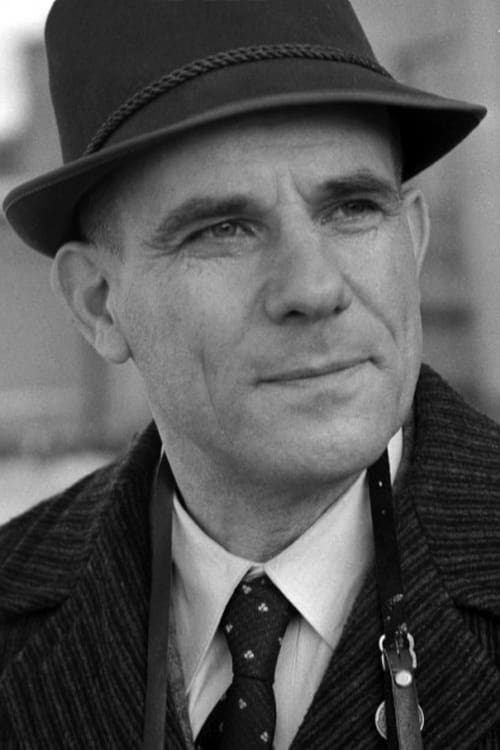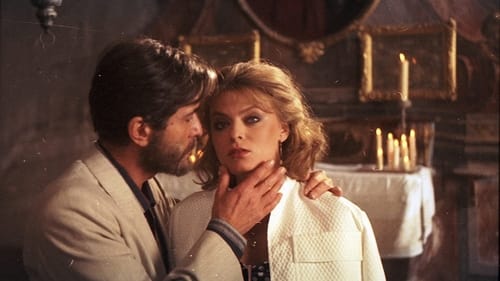Zygmunt Maciejewski
Nacimiento : 1914-12-21, Berlin, Germany
Muerte : 1999-08-12
Historia
Zygmunt Maciejewski (born December 21, 1914 in Berlin, died August 12, 1999 in Warsaw) - Polish theater, film and television actor, announcer and radio director.
From Wikipedia (pl), the free encyclopedia

Fedelberger, więzień w celi 192
A Polish writer is arrested by the Nazis in 1942 and sent to the notorious Pawiak prison in Warsaw. He will spend the next 111 days fighting for survival.

After the death of a respected academician, who in his private life was a tyrant and a phony, the family awaits arrival of a prodigal son to begin the ceremony. However, the deceased has prepared a vengeance for his disappointing sons...

Ludomir Grendyszyński, członek Tymczasowej Rady Stanu
A two-part historical film covering the years of the First World War and the post-war period up to 1919 - until the signing of the peace treaty in Versailles near Paris. An attempt to show the great and complicated process of regaining an independent existence by a nation within its own state. The screen shows characters from history textbooks: Józef Piłsudski, Ignacy Paderewski, Roman Dmowski, Wojciech Korfanty as well as representatives of the world political scene, incl. David Lloyd George, Woodrow Wilson, Georges Clemenceau, Vladimir Lenin and others.

adwokat Urbanowicz, obrońca w procesie brzeskim

Industrialist Geisler
A film about the life and activities of the Polish revolutionary Ludwik Waryński. In his memoirs, Ludwik returns to his student years in St. Petersburg, to Warsaw, to Krakow, where he was arrested and put on trial. After the end of the process in Krakow, Waryński leaves for Geneva, where he meets with Russian revolutionaries. In 1881, he returned to his homeland and created the first party of workers in Poland...
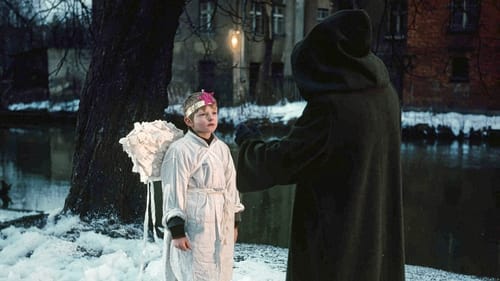
Voyvode
A psychological detective story about a police hunt for the murderer of young boys. The police comissioner ends up tracing the clues to his own home, where he has an adolescent son he has not been able to communicate with.

Stępniak
The young Kuriata takes the position of the secretary of the City Committee in Grodów, where a corrupt clique ruled for many years. Kuriata begins to introduce competent people to managerial functions, which is enthusiastically received by workers who want changes for the better.

Proboszcz
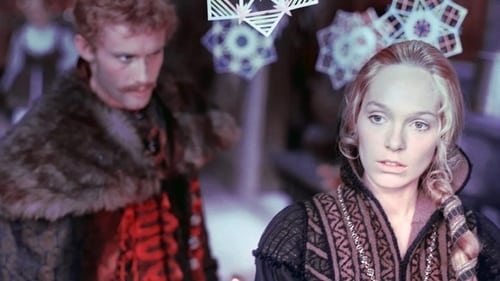
Prior Augustyn Kordecki (voice) (uncredited)
Siglo XVII. Mientras la guerra hace estragos por toda Europa, un valeroso guerrero lucha por el amor de una doncella llamada Olenka...
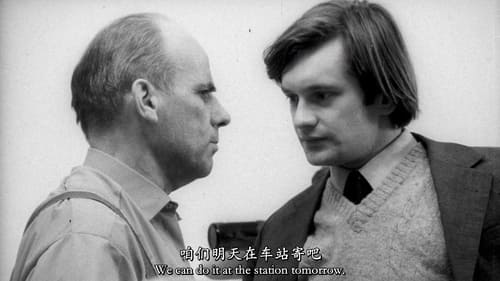
Form Teacher
A school teacher from a small town in Poland comes to Warsaw to see his estranged wife, a window dresser, in the hope that she will return to him rather than give him a divorce.
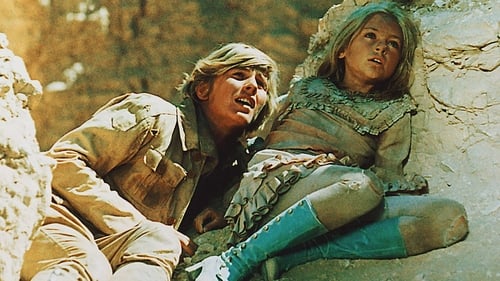
Geograf Linde
Fourteen year old Polish boy Stas Tarkowski and eight year old Nel Rawlison from England are kidnapped as the hostages by Arabic fanatics and taken to their religion leader. Then they manage to escape and try to return to their fathers. Children have a lot of dangerous adventures, meet two Black kids; Kali and Mea, who also help them, make a friendship with an elephant and help one Black's tribe.

Aktor
Accomplished playwright supervises the stage rehearsals for his new play away from home. He rents a room at a private house, which is owned by mother and daughter. Wiktor gets entangled in the two women's bizarre relationship.

Sierżant Młynarski

Trainer Schmidt
A Polish war film from 1969 based on a short story by Cezary Chlebowski Nocne Szlaki.
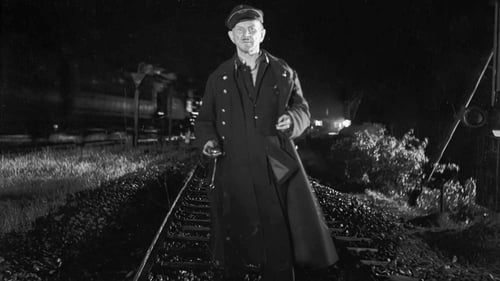
Tuszka
In 1950, at night, a passenger train kills a man on the tracks. He is Orzechowski, an engineer since 1914. An inquiry immediately follows. Testimony takes the form of flashbacks. Tuszka, the station master, believes Orzechowski was a saboteur; at least one on the inquiry panel agrees. Zapora, the young engineer on the train that hit Orzechowski, gives more complicated testimony about the dead man - stiff-necked, proud, imperious, critical of Zapora and other younger workers. The signalman at the crossing where Orzechowski died also testifies. Can the panel arrive at the truth in a world where workers unite, inferior coal is a badge of honor, and the old order is suspect?
